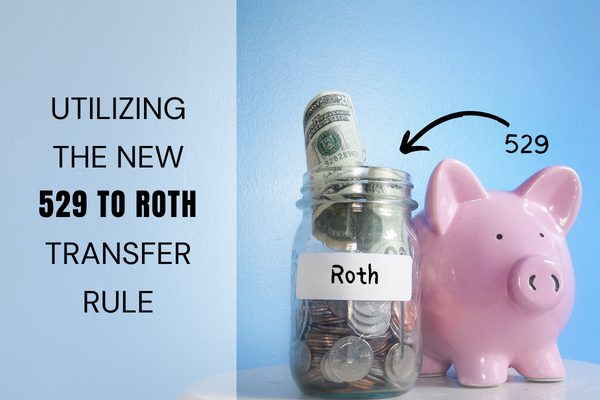Should I Use Social Security Benefits as my Pandemic Emergency Fund?

Market Perspectives September 2020
September 9, 2020
Market Perspectives October 2020
October 8, 2020
By: Bridget McDermott, CFP® and Ivan Lukic
Due to the COVID-19 pandemic, many individuals are finding themselves out of a job and in need of quick cash. Those who made the decision before the pandemic to wait until their full retirement age (FRA), or even later, to file for social security benefits, are now considering filing early given their current need. Though claiming Social Security benefits before FRA might sound like a good option, doing so will result in reduced benefits thereafter, potentially jeopardizing retirement lifestyle. If you need cash now but are concerned about the long-term impact of reduced benefits that come along with claiming early, you might want to see if you qualify for either the pay back method or the restricted application.
Individuals who are currently out of work, at least 62 years old, and plan to return to work in a few months might want to consider the pay back method. With this method, you claim Social Security benefits early, but stop the monthly benefit checks when you go back to work. Once employed, you can pay back the benefit previously received and continue working until, or past, your full retirement age to claim non-reduced benefits. If you are not able to fully pay back early benefits, your future benefit will be slightly reduced which, overall, would have a smaller impact when compared to fully claiming benefits early.
For couples in which each spouse qualifies for benefits on his or her own record, there is a second option called a “restricted application”. To take advantage of this option, the higher-paid spouse must have been born on or before January 1st, 1954 and the other spouse must be at least 62 years old. With this strategy, the lower-paid spouse files for early benefits and the higher-paid spouse files a restricted application, restricting his or her benefit to spousal benefit only. This allows the higher paid spouse to collect a check now while allowing his or her own benefits to grow until FRA or beyond. Using the restricted application allows both spouses to receive paychecks that could help with current expenses. When the higher-paid spouse reaches FRA or later, he or she can file for his or her own benefit after which he or she would stop getting paid as a spouse and start receiving his or her own benefits.
There are many factors that play into a social security benefit claiming strategy. We encourage you to talk through your options with the social security administration or a financial planner before making an election.
Bridget McDermott, CFP® is a financial planner in Charlotte, NC.
Ivan Lukic has an MBA from James Madison University and currently resides in Charlotte, NC.
Carolinas Investment Consulting is not affiliated with any of the websites linked in this commentary. Nothing contained herein constitutes financial, legal, tax, or other advice. The views and opinions expressed in this article are those of the author and do not necessarily reflect the official policy or position of Carolinas Investment Consulting. The information published herein is provided for informational purposes only, and does not constitute an offer, solicitation or recommendation to sell or an offer to buy securities, investment products or investment advisory services. All information, views, opinions and estimates are subject to change or correction without notice. The appropriateness of an investment or strategy will depend on an investor’s circumstances and objectives. These opinions may not fit to your financial status, risk and return preferences. Past performance is not indicative of future returns.



